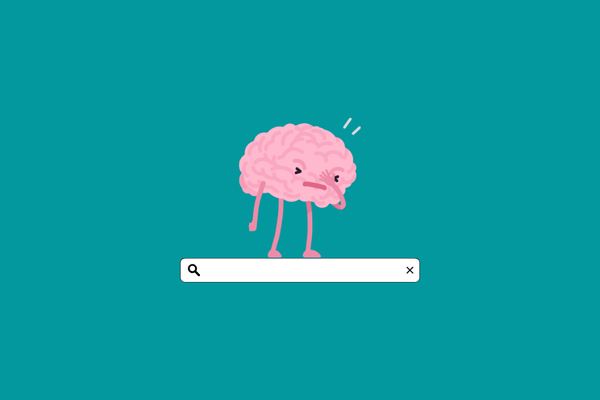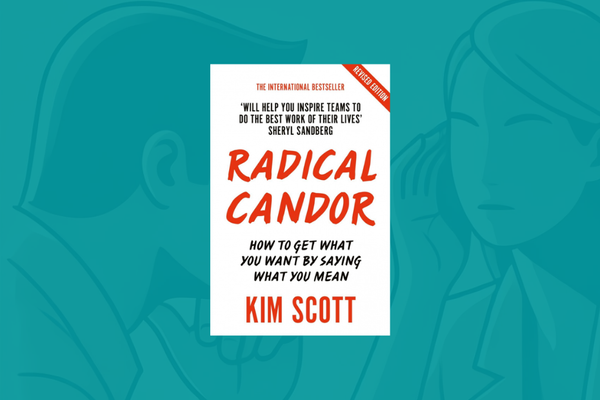When Comparison is the Thief of Joy
Influencers, best practices, and competitive intelligence. These trending buzzwords can lead either to inspiration or anxiety. But is it true that "comparison is the thief of joy"?
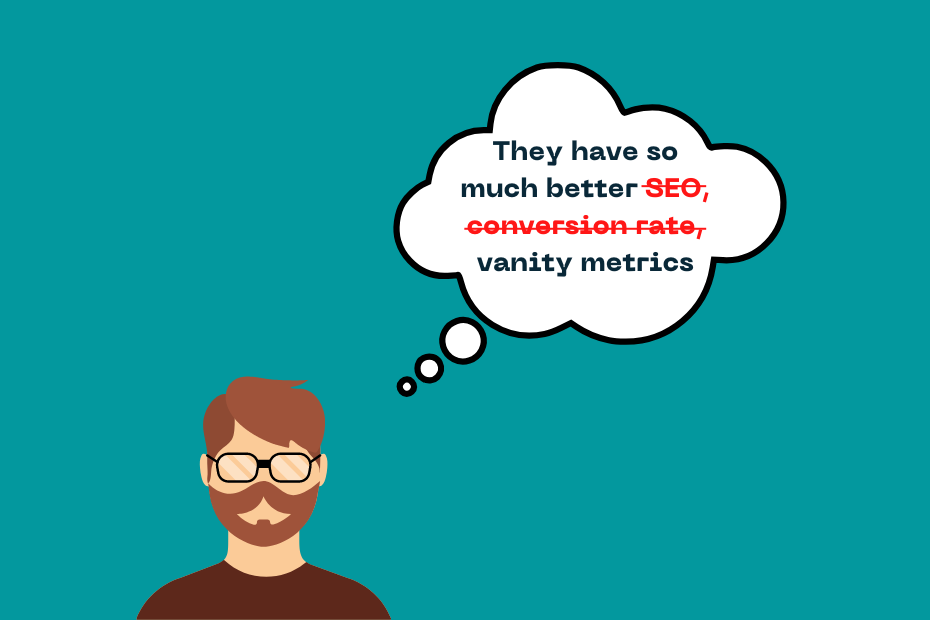
When ChatGPT made its mark recently we had data in 24 hours about its unprecedented popularity.
We can plug a keyword in Google Trends and see interest around the globe for the thing. With Similarweb we can compare the popularity of websites, Tiktok helps creators to get on the trend bandwagon by providing accessible data on popular topics.
We are swimming in data about our peers.
As a marketeer, I want to believe that all of these insights are driving me to make data-driven decisions, but as I creator I know that these numbers are often distractions.
Continuously looking at what others are doing can lead to the low-effort implementation of half-baked ideas, and can frustrate the heck out of us if we are implementing a "best practice" without the promised results.
But how can we look at our peers to get ideas while avoiding comparison becoming the thief of joy?
Below I will share my challenges with continuous comparison, and some science behind why it impacts our mood and judgment negatively. At the end will explore potential remedies for comparison anxiety in marketing & life.
The Emergence of Competitive Intelligence
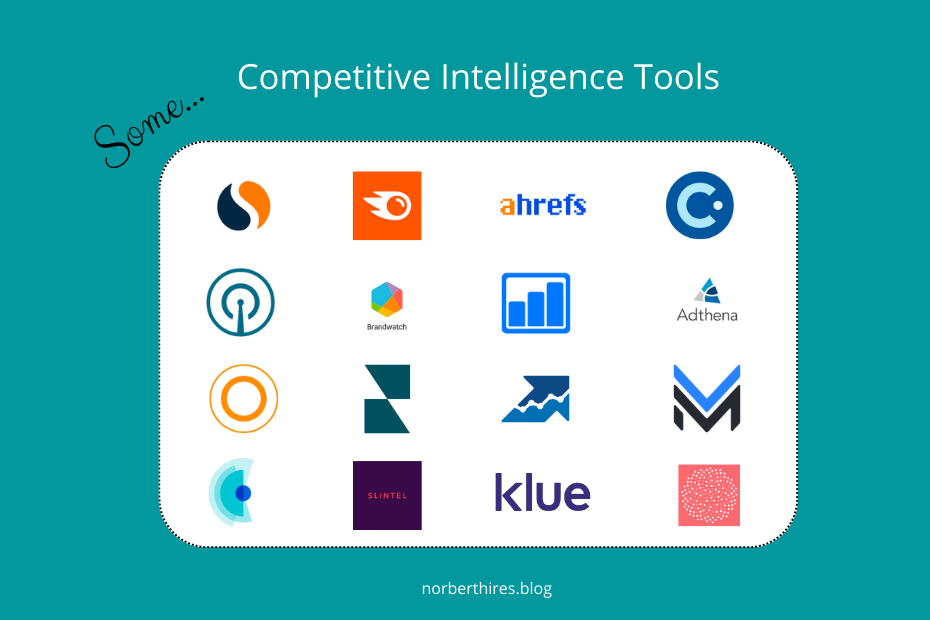
Coming up with ideas is hard.
Convincing others to let you execute those ideas is even harder.
When I started as a beginner consultant in SEO to my surprise nobody questioned my suggestions. If I told a client that he should write about "how to floss your teeth" and "best toothpaste for kids" then data did the heavy lifting for me.
We had data because we had SEMRush / Ahrefs / Google Keyword Planner.
We knew there were search demand for their topics because users typed these queries X times into Google based on the above-mentioned tools.
We knew the competitors of the client and analyzed their strategy ruthlessly.
A few years later, when I ate my own food and built a blog on top of SEO I started to realize the shortcomings of the method of looking at the competitors first.
- I was writing articles about what others were interested in, not what I knew the most about, let alone what I was enjoy writing about.
- I covered topics because the competitors covered them and outranking them with a 10x better was appealing to me.
But these articles were not valuable, they did not drive signups or contributed to any business metrics.
I had a different business model then the competitors.
I copied something unimportant.
So I gathered my losses and wrote about this experience:
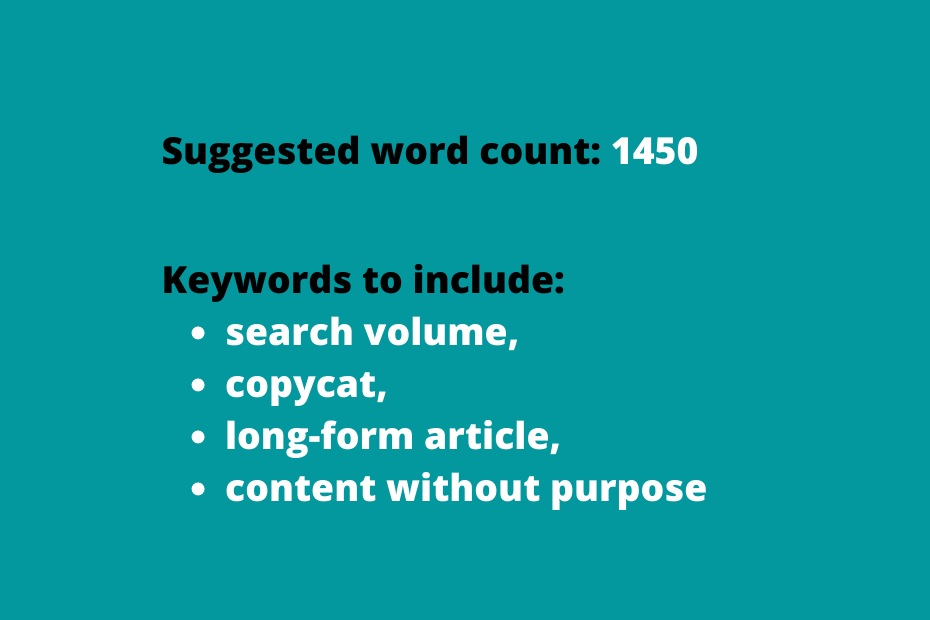
If you look at the Competitive Intelligence category of G2 you find close to 100 software to reverse engineer your competitor's acquisition channels, advertising solutions, SEO strategy, and more.
But calculating the Total Adressable Market, drafting a messaging similar to the industry leader, or looking at the top players' impressive traffic from SEO is rarely the answer.
The answer should arise from within.
Comparison is only the tool to validate whether someone else is already succeeded with what you set out to do.
Social Comparison Theory
In 1898 Theodore Roosevelt has written to his friend that “Comparison is the thief of joy.”
Today we actually have evidence that this can be true.
A few decades after Roosevelt, a social psychologist called Leon Festinger coined the term: social comparison theory.
According to Fesinger's theory, we use others to determine our position and value. We define our positions within society by looking at our peers below our level just as much as looking up to others who we consider better than us.
Social comparison is not necessarily an evil or harmful phenomenon. If one of our peers is training all the time and looks jacked, he can motivate us to train more, be healthier and be better.
The same goes for random business competitors.
But we know that looking at too many "examples of greatness" has a negative impact on our well-being. Since the rise of social media, the ultimate comparison engine, several studies were conducted on the positive and negative impact of these sites.
Social media can be a valuable tool to connect with others and decrease loneliness if used right (just as outlined in the Build deep community chapter of The Practise of Groundedness).
We can differentiate
- active users of these platforms who are sending messages, sharing things, and engaging with others,
- and passive listeners, who only scroll the feed.
According to studies passive listeners are likely to engage in upward comparison (looking at people perceived better than they). And upward comparison on social media has a negative impact on well-being.
What to do instead of Continuos Comparison?
We know that comparison is often harmful, but what are our options if we want to stay on top of things while avoiding comparison anxiety?
I did not crack this code yet. If I read a great article I still open my favorite SEO tools to check "their keyword" but then I realize that the topic is not a match quality for me.
Pursue match quality
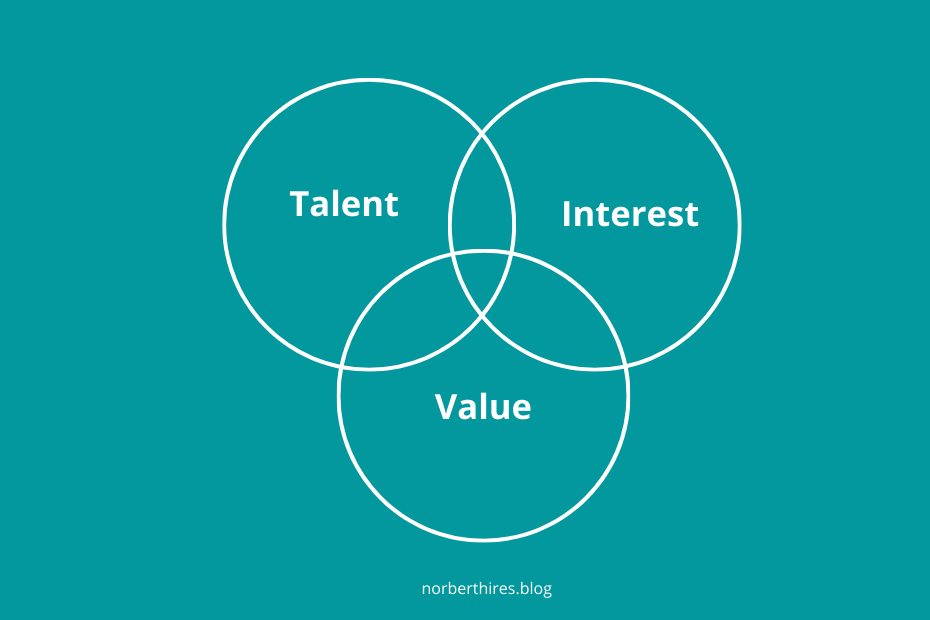
Instead of pushing things you are barely OK at why don't you double down on your strengths?
In his book about how generalists thrive today, David Epstein writes, that most of us would be better off if instead of grinding in something which we don't like, we would rather find things we enjoy more and are better at.
In The Unfair Advantage, the authors elevate this idea to the next level.
They suggest looking for your "unfair advantage", your competitive edge when it comes to the thing you want to excel at.
Do you want to write the next big blog? If you work hard, do your research, and publish a lot of articles, that rarely leads to exceptional content, but rather sets you up to reach the average.
You need some unfair differentiation that elevates you. A strange obsession with calligraphy, an unusual background which gives you unique insights.
Regardless that we call it matching quality or unfair advantage, the recipe for doing great things rarely start with scrolling others' Facebook feed or exporting organic search rankings.
It starts with us.
Think and Do
“It might have been” is but a thief Of joy; missed pleasures add to grief. A spring within the desert flows, And yet the thirsty find it not: - Orie Bower
I am often guilty of busywork. Instead of writing, I am doing market research, I explore new topics and of course, I engage in competitor research.
But overpreparing often leads to more regret than starting with a vague idea and iterating along the way.
I like Tum Urban's graphics about how life unfolds. You can not plan your way trough life. You have to start walking on a path in order for the next steps to unfold.
Monthly reminder about that big green tree pic.twitter.com/kM46Wsxo9O
— Tim Urban (@waitbutwhy) June 21, 2021
Philosophizing others taken routes does make even less sense than overthinking our "what if" life choices.
Social Media Detox
"A heart at peace gives life to the body, but envy rots the bones." - Proverbs 14:30
Taking a step back from the source of constant comparison eliminates the proven negative effects we suffer from being exposed to perfectness.
Social media is a snapshot os people's best moments and even if we know this, our brain does not consider this when we scroll trough our day.
We still feel like crap.
The best solution is often taking a step back from social media just like so many social media influencers ironically did.
They are showing us on social media why you should not use social media.



